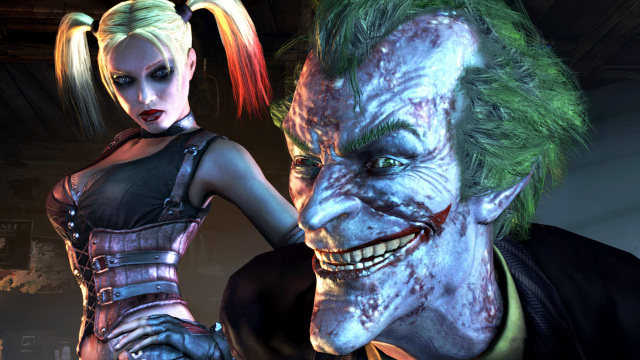The creation of a gaming disorder diagnosis by the World Health Organization is facing increasing criticism from industry groups. Both The Association for UK Interactive Entertainment and The Interactive Software Federation of Europe have issued statements criticizing the categorization and creation of this disorder following a conference that these organizations attended with the WHO. This news comes more than half a year after gaming disorder was officially recognized as an illness in the latest edition of the WHO’s International Classification of Diseases.
Essentially, gaming disorder is defined as the desire to play video games overriding much more important things that need to be done. Most of us have stayed up past our bedtime once or twice to finish out a level, but a disorder implies severely detrimental effects in the affected persons. The addition of gaming disorder as a diagnosable illness was not entirely without criticism when it was first announced in June of last year. The European Games Developer Federation warned that this disorder ran the risk of creating a “moral panic” and called the evidence for the disorder “highly contested and inconclusive.”
Now the EGDF is being joined by UKIE and ISFE in their criticism of the classification. Speaking to Gamesindustry.biz, both the UKIE and ISFE were critical of the WHO’s decision. One key point from the UKIE nicely summarizes their issues with this disorder:
“Leading mental health experts have cautioned repeatedly that classifying ‘Gaming Disorder’ creates a risk of misdiagnosis for those who most need help and any decision about including gaming disorder must therefore be based on robust and unequivocal evidence.”
Similarly, the ISFE believed that there wasn’t much in the way of strong evidence for the creation of a gaming disorder diagnosis:
“Classifying ‘gaming disorder’ under the mental health and addiction category of the ICD-11 list may well lead to abuse of diagnosis and misdiagnosis as such inclusion is not based on a high level of evidence, as would be required to formalise any other disorder.”
Gaming disorder may very well be a real thing, but a growing number of industry organizations have stated that they don’t think there’s enough evidence to justify its inclusion in the WHO’s International Classification of Diseases. The proposed draft for the next edition of the ICD still hasn’t been finalized, so industry groups may still have a shot at putting an end to this diagnosis until stronger evidence comes to light.












